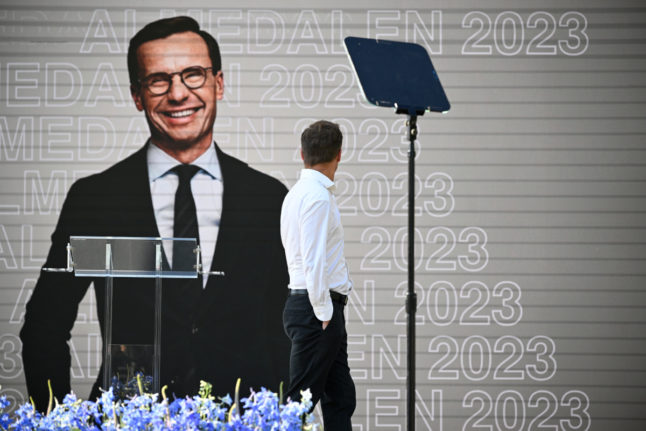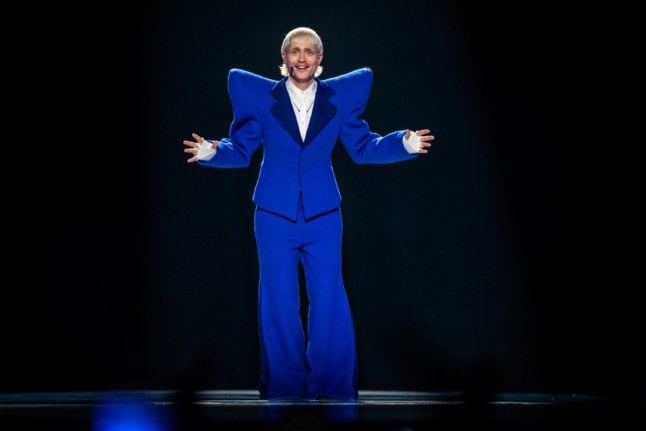Sweden scraps Covid recommendations
Sweden on July 1st removed some of its remaining Covid recommendations for the public, including advice to stay home and avoid close contact with others if you’re ill or have Covid symptoms.
That said, Swedish laws on communicable diseases still state in general that anyone who has an infectious disease should take appropriate actions to protect others against infection (which could include self-isolating).
The only formal Covid-specific recommendations that remain for the public after July 1st are guidelines about who should get vaccinated.
Will Sweden join Nato in July?
Nato is set to hold its next summit on July 11th-12th, with time running out for Sweden to become a full member of the military organisation before the summit, which will be hosted by Lithuania.
Speaking to reporters in late June, Nato secretary-general Jens Stoltenberg said he had spoken to Turkey’s President Recep Tayyip Erdogan and “agreed to convene a high-level meeting in Brussels before the summit”, with the aim of making progress on Sweden’s accession.
Sweden has been a Nato “invitee” since June 2022, but its membership bid, which must be ratified by all 31 member states, has been blocked by Turkey and Hungary.
Pay rise for Swedish ministers
Swedish government ministers are getting paid more from the start of July. Their monthly salaries have been raised 3.8 percent, according to a decision by parliament’s Ministerial Remunerations Board.
The pay review, which happens every year, means that Prime Minister Ulf Kristersson now gets a monthly salary of 191,000 kronor ($17,800). The other ministers’ salaries have been raised to 150,500 kronor.
Illegal to involve minors in crime
From July 1st it became illegal to involve minors in crime, a proposal put forward by the previous government three years ago.
If someone hires, pays, instructs or in any other way involves a person under the age of 18 in criminal activities, they could be sentenced to up to four years in jail.
It is, of course, already illegal to instigate a crime with the help of another person, but the new law is meant to specifically target gangs that try to recruit children and teenagers to commit violent crimes on their behalf.
Sweden scraps controversial ‘ban’ on dancing
Parliament voted to scrap a decades-old requirement for a dance permit from July 1st.
Sweden in 1956 brought in a requirement that all restaurants and bars had to apply for and receive a special “dance permit” if their patrons were to be allowed to dance, with their owners facing fines if their customers were found dancing without a permit. But the law, which had changed over the years, has received a lot of criticism.
Bars and nightclubs now only have to report dance events to the police, rather than apply for a permit. It won’t cost anything to file the report and it can be done by calling the police.
A permit will still be required to organise dancing in public spaces, such as parks and squares.
Sweden hands over EU Presidency to Spain
Spain took over the Presidency of the Council of the European Union in July.
Sweden has held the rotating Presidency since the start of the year, a period marked by growing security concerns in Europe following Russia’s full-scale invasion of Ukraine last year.



 Please whitelist us to continue reading.
Please whitelist us to continue reading.
Member comments